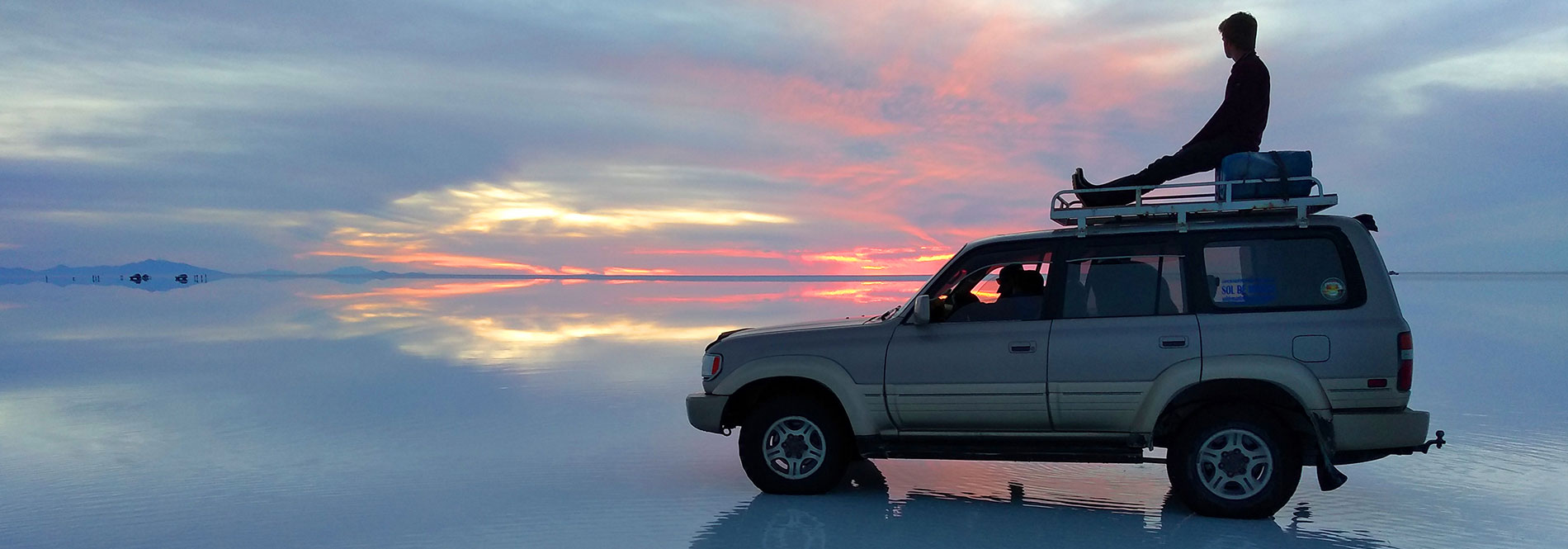
Many people enjoy travel to Nepal for many reasons, the beautiful mountains, the unique diverse cultures, the great food and the healing energy that exists throughout the country. Many travelers coming to Nepal would not immediately think about how interesting it can be to watch or sit in traffic or even to simply watch how a petrol station works.
The world seems to be having a fuel crisis and if you should travel to Nepal you will find that here it is no different, although their approach – like everything else in the country – has been temporarily resolved with thinking outside of the typical box. In most countries, those in need of some fuel can freely drive up to any gas station or petrol/diesel pump and there will not have to wait to buy what they need. If there is a delay, then it is to wait for maybe one or two cars and you can go on your way. In Nepal, you would be considered lucky if the petrol station is open and even more fortunate if it has any fuel to sell.
A line at the petrol pump, signifies that there is “actually fuel today” where in most countries the populations are complaining of increasing gas prices yet they do not even care to know how fortunate it is that they even have the opportunity to buy fuel. When traveling to Nepal you will find that to buy fuel for a vehicle, just like everywhere else, gives the purchaser the opportunity to make money. Yes it costs money (and I am not saying that the prices do not imply “highway robbery”) but to get this fuel, it allows you to use it to make more money by helping you get to work via public transportation such as taxi or bus and also helps you get to and from work if you have your own vehicle. Even if you are just visiting Nepal, this fuel is an essential part of your trip. For those who travel to Nepal, they will have a need for buses, taxi’s or even a private vehicle – all requiring the difficult task of attaining the fuel.
The petrol lines alone really test the need and desire of any driver to survive in this fuel-dependent world. In Nepal there are two lines at every station, one for motorcycles and one for automobiles. The lines for both are usually equally long in length sometimes with the driver in the waiting car (or not). The missing driver could be out trying to make money without the help of his car until the petrol pumps open.
Now when I say long lines, I do not simply mean around the block, I literally mean down the street around the corner up the hill and down two more streets and even then the line might go on. Anyone traveling here for the first time will find this sight unbelievable! They immediately think, ‘Who would wait in that line, it is ridiculous!’ The traveler soon finds although the sight seems crazy it is still interesting to see.
Unfortunately, these atrocious lines blackcockshock intense and complicated traffic jams that can be – for lack of a better phrase – a pain in the ass. Local or traveler, you might have to sit in traffic just because of the location of the petrol pump – right next to tight passing lane areas that are easily and often congested with cars, motorcycles, bicycles and pedestrians all trying to pass at the same time. Sitting in your incommodious car on your bum for hours at a time, can even cause an actual pain in your ass. This may happen whether you are or are not even in line for the fuel, you could just merely be trying to pass the cramped road.
In fact, the way these inconvenient traffic jams happen is this: a car pulls into the line for the pump, maybe his vehicle sticks out into the street just a tiny bit. More cars will get into the line behind him. Eventually, there are countless cars parked in front and behind him waiting for fuel and the vehicles are so close together there will be no moving them until the station opens and each driver attempt to get their fuel. Meanwhile, the narrow road will find two cars going in opposite directions that will try to pass the obstacle at the same time but are not able to maneuver around it without damaging their property.






